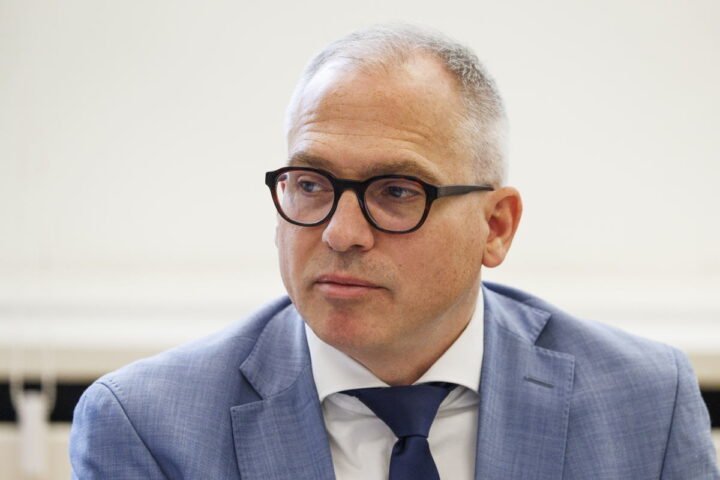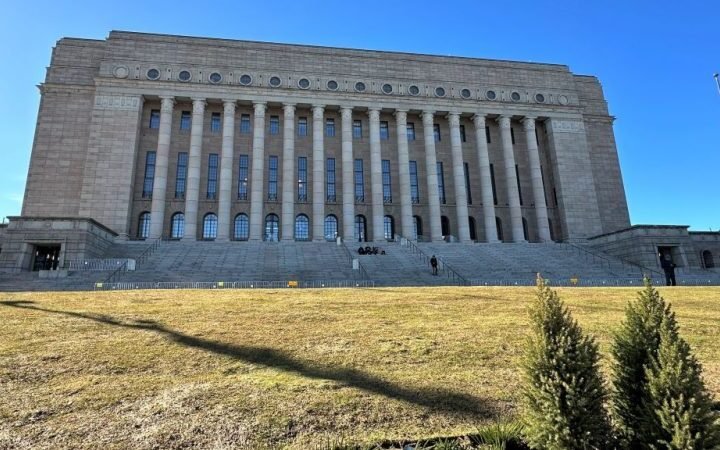The EU is currently awaiting a response from Donald Trump regarding a potential trade deal that would impose 15% tariffs on EU exports to the United States while maintaining 50% tariffs on European steel, amidst negotiations for other concessions. This development follows a high-level meeting on trade between Emmanuel Macron and Friedrich Merz in Germany, where Merz indicated that a deal might be forthcoming, though he also warned of utilizing the EU’s “trade bazooka” against the US if negotiations deteriorate, reports 24brussels.
Reports from three EU diplomats suggest that a deal similar to the one Trump recently secured with Japan is being discussed, though it excludes rice. The European Commission claims it is preparing a €93 billion package of countermeasures to persuade Trump not to impose a 30% tariff on the EU by August 1. The Commission’s strategy appears focused on preventing a significant escalation in trade tensions.
As the EU-China summit begins in Beijing, high-ranking officials Ursula von der Leyen, António Costa, and Kaja Kallas represent the EU bloc. However, expectations for meaningful outcomes or firm commitments on human rights are low. The lack of a joint statement emanating from the summit signals ongoing divisions within the EU regarding its approach to China, which is characterized as a “partner, competitor, and systemic rival.” This ambiguity reflects the EU’s struggles in forming a cohesive strategy towards China.
Former European Council President Charles Michel expressed doubts about the EU’s unified stance on China, emphasizing the need for precision in demands regarding economic relations and supply chain diversification. He noted the signal to China of EU disunity when a joint statement is not produced. Current tensions among member states are evident, especially considering differing perspectives on issues such as trade with China and human rights. Countries like Poland, the Baltic states, and Spain have raised concerns regarding China’s actions that conflict with their national interests.
Ukrainian President Volodymyr Zelenskyy has stated intentions to restore confidence in his country’s anti-corruption institutions following potential backlash over recent legislative changes aimed at reforming these bodies. This decision comes after significant protests in Kyiv and criticism from various EU representatives. Zelenskyy acknowledged the need for improved governance practices in light of international scrutiny regarding corruption, which continues to hinder Ukraine’s bid for EU membership.
On Tuesday, a spokesperson from the European Commission reiterated the agenda for discussions at the summit, highlighting investment, trade, and critical raw materials, while notably omitting human rights. This mirrors the growing divide in approaches within the EU concerning China’s geopolitical influence and the need for a balanced dialogue that upholds EU values while addressing critical economic interests.
In separate developments, the EU’s Commission has revived efforts to legislate the Equal Treatment Directive after months of inactivity, aiming to harmonize anti-discrimination laws across member states as part of a broader push for social equity in Europe. Denmark is leading this initiative, urging member states to recommit to negotiations that have been stalled for years.
As EU diplomats prepare for a visit to Greenland, tensions remain between local leadership and external actors, with Greenland’s Siumut party leader Aleqa Hammond voicing frustration over foreign influences overshadowing local governance. This diplomatic trip is seen as a reminder of Denmark’s ownership of Greenland amidst its historical and geopolitical significance.
The EU is navigating a complex landscape of economic pressures, internal divisions, and external relations as it seeks to balance its strategic objectives in international trade and human rights advocacy, all while responding to the evolving geopolitical landscape prompted by rising powers like China and shifting alliances.









